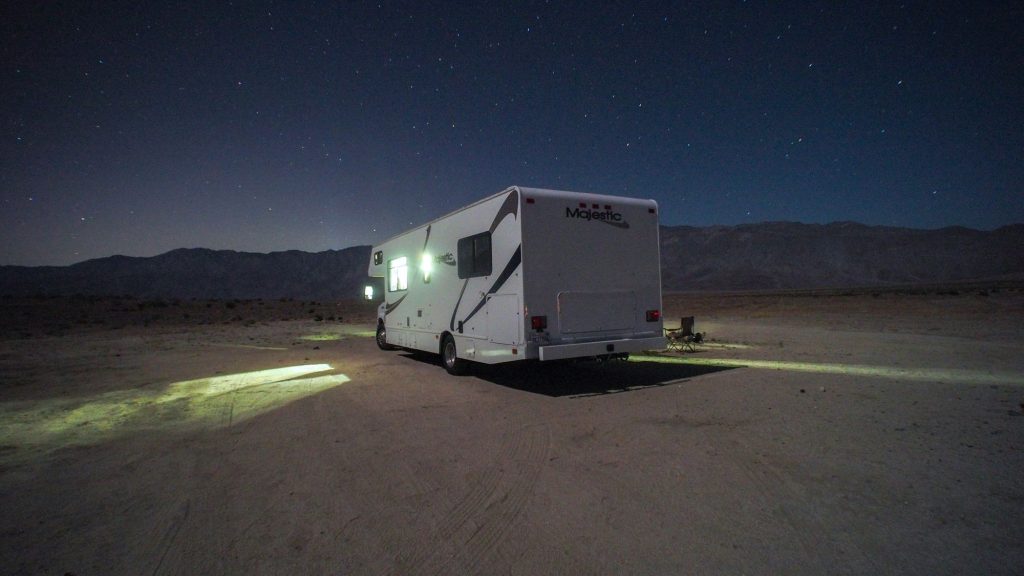
Entering the world of purchasing a used RV can be both exciting and daunting. The freedom and flexibility that an RV offers can be incredibly appealing, but it’s also a significant investment. Therefore, understanding the terms of your purchase before you sign on the dotted line is crucial, and two of the most important aspects to consider are the RV warranty and the condition of the RV.
Understanding Warranties
When investing in a consigned recreational vehicle (RV), one of the key factors that should be taken into account is the warranty offered. An RV warranty is more than just a legal document or a piece of paper; it is a commitment, a promise by the manufacturer or seller that they will stand behind the product they have sold. It serves as a pledge, a guarantee that the vehicle will meet certain predefined performance and quality standards.
The coverage of a warranty can be extensive, it can cover everything from the engine – the heart of the vehicle – to the various appliances housed inside the RV, ensuring you have a fully functioning home on wheels. Essentially, it provides a safety net against the cost of unexpected repairs and regular maintenance for a specified, agreed-upon period. This can offer the owner peace of mind, knowing that they are protected against potential mechanical failures.
However, it’s important to note that the terms and conditions of these warranties can vary widely from seller to seller, and from vehicle to vehicle. Therefore, it’s absolutely essential to invest time in reading the fine print, understanding every detail of what is being offered. It’s crucial to ensure you understand what is covered under the warranty, the duration of the coverage, and what your responsibilities are as an owner. For instance, regular maintenance might be a requirement for the warranty to stay valid.
By fully understanding the RV warranty, you can ensure that your investment is protected, providing you with a reliable and enjoyable travel experience.
Buying “As-Is”
Opting to purchase an RV “as-is” essentially indicates your agreement to accept the RV in its present state, complete with any undisclosed faults, whether they have been identified prior to purchase or not. This could potentially be a gamble, especially for those venturing into the world of RV ownership for the first time or individuals who lack the necessary knowledge to identify potential problems that could arise with such a vehicle.
An “as-is” purchase might appear attractive due to the possibility of a lower upfront cost. However, it’s important to keep in mind that this also translates to you shouldering all the risk associated with the vehicle. If a significant problem surfaces after you’ve sealed the deal, the financial burden of addressing these repairs falls squarely on your shoulders.
Therefore, if you’re toying with the idea of an “as-is” purchase, it is strongly advised to enlist the services of a professional to conduct a thorough inspection of the RV before going through with the transaction. This could potentially save you from unforeseen repair costs and the associated headaches down the line.
In Conclusion
In conclusion, the process of buying a consigned RV involves much more than just choosing a model you like. It’s about understanding the terms of the warranty, knowing what it means to buy “as-is,” and considering renting before buying. Doing your due diligence will help ensure you’re making the best decision for your needs and will lead to many happy travels in your new RV.
If you are looking to buy a used RV, check out the used RVs listed for sale at RecNation. Each RV is checked for quality, professionally cleaned, and managed by our team of experts who are available to answer any questions you may have.
